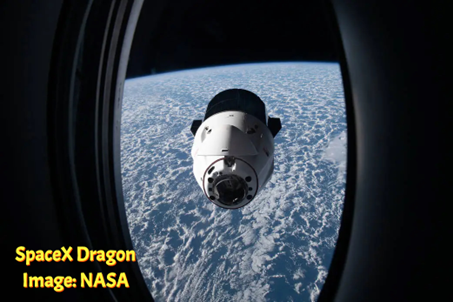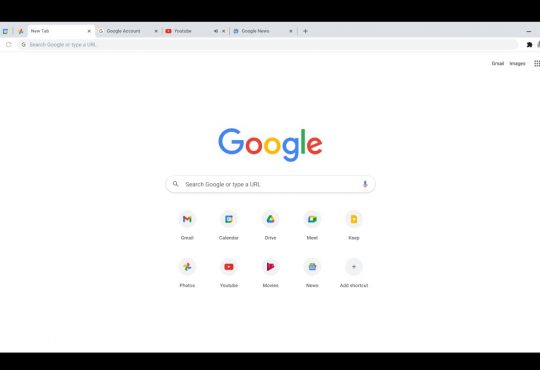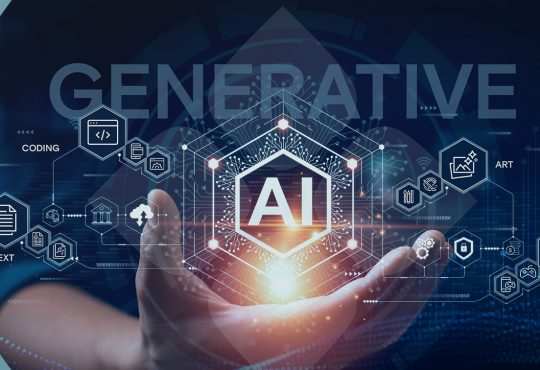AI Training Deals: Journalists Cry Foul
They are questioning the right of companies to sign deals that keep the actual writers out

The spurt in licensing deals between media houses and OpenAI and others to train their large language models has bubbled up a unique predicament of the actual content creators. When a media house provides access to their existing content, what is the position of the individuals who are the creators of such content?
The matter, which came to the fore after OpenAI scrapped content without consent and resulted in lawsuits over copyright infringement, has now taken a different hue. In February, media outlets Raw Story, AlterNet and The Intercept had sued OpenAI in a New York Federal court with the latter also including Microsoft in the lawsuit.
At that point, John Byrne, chief executive and founder of Raw Story, which owns AlterNet had stated that news organizations must fight back against Big Tech’s continued attempts to monetize other people’s work. “Big Tech has decimated journalism. It’s time that publishers take a stand,” he had said in a statement.
The first of these lawsuits came last December when New York Times took up cudgels and they were joined by others in February. Post that, OpenAI and others signed content licensing deals with several media outlets that provided them access to existing content and the archives of journalistic work to train ChatGPT and other models.
How many dollars can I get for giving up my creativity?
So, today we have a situation where big media houses such as Vox Media and The Atlantic signed deals with OpenAI to deliver their content archives on a platter to train their foundation models in language patterns. Which, when trained over millions of records, is expected to spew out content that can potentially take creative writing to its grave.
Now some of the content creators are questioning the policies of these media houses and wondering where such deals would leave them? An article published by TechCrunch quoted a statement from the workers’ union at The Atlantic to suggest that the staff learnt of the deal from external sources with its management and OpenAI refusing to answer queries.
The story says none of journalists of these companies had an inkling of the deal with OpenAI and that they came to know of it from external sources. All of them were unanimous in their views that their employers were making short-sighted deals that would ultimately harm the content creators and journalism.
Criticizing AI helps jack up the price OpenAI pays?
In fact, some even pointed out that the two media houses, which such iconic brands as The Verge, New York and The Atlantic had published critical articles of OpenAI around how training its models could ruin creativity and original content creation. They also brought up the ecological impact of power consumption required to train these models as well as the total lack of trust around what these apps spew out due to hallucinations.
Journalists at these media houses held meetings with operations teams to understand more about the deal, specifically around what would be in it for the writers. Both the Writers Guild and the Vox Media Union are noting that contractual provisions with employees make it mandatory that business owners discuss fundamental changes to their working conditions.
Does this mean that publishers rushing to OpenAI to get their pound of flesh are bound by contracts to discuss and negotiate future changes with the employees’ representatives? It appears so as most of the employees believe that they need to know the nuances of such deals as it is highly likely that some of them may lose their jobs.
Are journalists ethical or just seeking their pound of flesh?
The New York Times, which fronted this charge against OpenAI and Microsoft, reportedly spent a million dollars last year on the lawsuit. In fact, the company told its shareholders that it would be reporting “Generative AI Litigation Costs” as a special item on its books starting the first quarter of 2024 as it is different from other litigation insofar as it represents the management’s view of the company’s ongoing business operational performance.
And now comes the interesting part. Employees at The Atlantic proposed that AI should not replace writing, fact-checking, copy editing and illustration. Use of AI should be at the discretion of the writers and in accordance with journalistic ethics and principles which the company management should always respect and not force the issue.
Of course, the proposal is gathering dust as we understand while other groups are attempting to fight in other ways. The case of CNET publishing AI-generated articles last year which journalists went public with and sought protections is still fresh in our minds. Since job protection isn’t guaranteed anywhere, companies include such provision in their contracts.
With publishers now making deals with the copyright violators, the question that raises its ugly head is “How much are company principles (vision and mission) worth in dollar terms?”
Before anyone attempts to answer this question, the real answer needs to come from the media houses as well as the courts.








